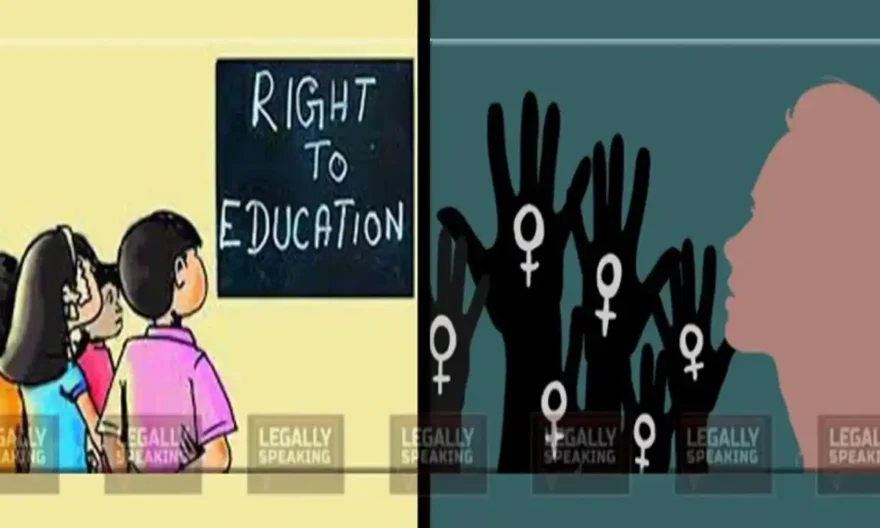
The Delhi High Court recently ordered Chaudhary Charan Singh University in Meerut to grant a Master of Education (M.Ed.) student’s application for maternity leave if she meets the minimum attendance criteria.
While passing the order, Justice Purushaindra Kumar Kaurav emphasised that citizens cannot be forced to choose between their right to an education and their right to exercise reproductive autonomy.
“A man could then enjoy parenthood while continuing his higher education, whereas a woman must undergo pre and post pregnancy care. It is not her choice, but nature’s will. What remains for us to decide is the consequence we would impose on a woman who bears a child,” the court stated in its order.
The Court was hearing a plea in which the petitioner sought maternity leave notwithstanding the absence of specific provisions.
The petitioner also requested that the University Grants Commission (UGC) develop specific norms and regulations for maternity leave for postgraduate and undergraduate courses.
In such a case, the Court stated that it could follow two paths. Either adhere to the bare text or apply Constitutional values to accommodate a law that was falling short of societal growth.
“The first path would necessarily force a woman to choose between her right to a higher education and her right to become a mother,” the court continued.
It was also stated that the woman will have to either re-engage in education or accept the fact that she will not be able to complete her vocation or degree.
Nonetheless, Justice Kaurav acknowledged the need to meet the particular number of attendance requirements and stated that the Court could not create a different compartment for the purposes of attendance relaxation.
Thus, after reviewing the facts, it was determined that if the petitioner’s requested 59-day vacation for theory classes was granted, she would still meet the 80% attendance requirement.
“The same would ensure that the petitioner’s right is protected without jeopardising the educational institution’s standards.”
As a result, the Court ordered the University to consider the application afresh and allow the petitioner to sit for exams if she meets the minimum attendance requirements in theory lectures.
Concerning the petitioner’s absence from practical classes, the Court stated that it may be reorganised as a special case.




